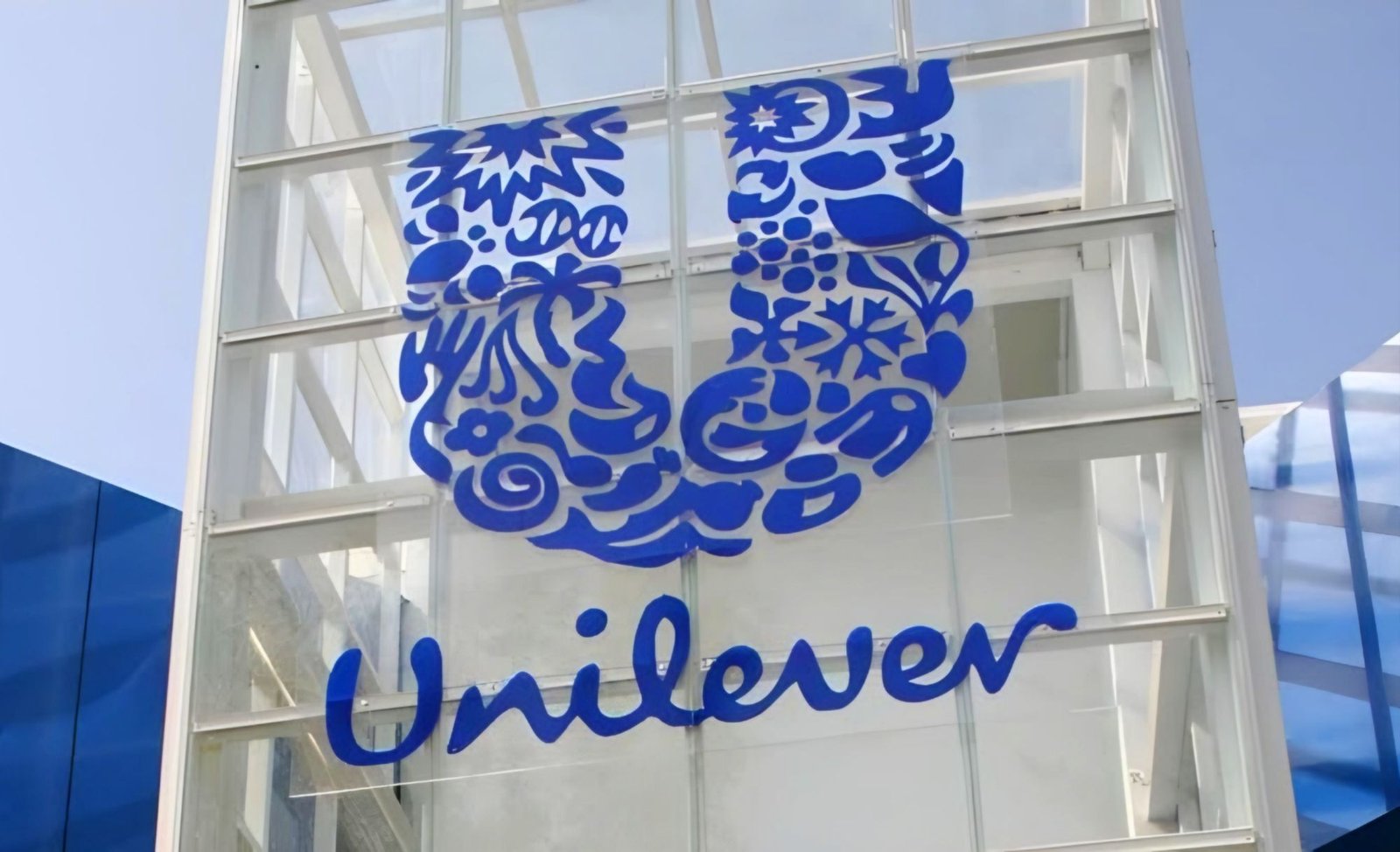
Under 100 Words: A Compact Summary
Unilever Plc announces separation of its ice cream business, aiming to enhance operational efficiency under CEO Hein Schumacher’s leadership. Job cuts and restructuring plans signify strategic realignment toward core business units for sustained growth and shareholder value creation (Unilever to Split Ice Cream Business).
Unilever Plc’s Strategic Move: Separating its Ice Cream Business
Unilever Plc, a stalwart in the consumer goods industry, has unveiled a strategic initiative to separate its renowned ice cream business, which includes beloved brands such as Ben & Jerry’s. This pivotal decision comes under the leadership of Chief Executive Officer Hein Schumacher, who aims to streamline the operations of the UK consumer-goods conglomerate amidst a dynamic market landscape. The move entails cutting 7,500 jobs, symbolizing a significant shift in Unilever’s corporate structure and operational focus.
Unveiling the Plan
The company has articulated a range of options for the separation, with a demerger emerging as the most plausible avenue. This demerger is anticipated to culminate in forming a new listed business entity, thereby introducing greater flexibility and autonomy to the ice cream division (Unilever to Split Ice Cream Business). Notably, Unilever’s ice cream segment boasted sales figures amounting to a substantial €7.9 billion ($8.6 billion) in the fiscal year 2023, underscoring its significance within the company’s portfolio.
Driving Restructuring for Growth
Schumacher’s strategic maneuver is embedded within a broader restructuring agenda aimed at catalyzing growth within Unilever. The envisaged job cuts, predominantly affecting office-based roles, are integral to a comprehensive plan targeting €800 million in cost savings over the ensuing three years (Unilever to Split Ice Cream Business). This restructuring initiative reflects Unilever’s commitment to enhancing operational efficiency and bolstering its competitive positioning in the global market landscape.
Market Response and Leadership Transition
Unilever’s announcement has reverberated positively in the financial markets, with an uptick of 5.1 percent in early London trading. This surge partially offsets a marginal 2 percent decline in the company’s shares over the past year, signaling investor optimism regarding the strategic realignment (Unilever to Split Ice Cream Business). Schumacher’s ascension to the helm of Unilever followed the departure of Alan Jope, precipitated by activist investor Nelson Peltz’s involvement in the company after a failed bid to acquire GSK Plc’s consumer health division.
Focused Business Units
The restructuring endeavor envisages consolidating Unilever’s operational focus around four core business units: beauty and wellbeing, personal care, home care, and nutrition. This streamlined structure is poised to optimize resource allocation and facilitate agility in responding to evolving market dynamics (Unilever to Split Ice Cream Business). Notably, Unilever’s decision aligns with a broader industry trend, as evidenced by rival Nestle SA’s prior separation of its ice cream business through a joint venture with private equity firm PAI Partners.

Addressing Controversies
The impending separation of the ice cream unit is poised to alleviate operational challenges stemming from various controversies associated with Ben & Jerry’s. Unilever has grappled with navigating politically sensitive issues, exemplified by a legal dispute resolved in December 2022 concerning product distribution in the Israeli-occupied West Bank (Unilever to Split Ice Cream Business). Additionally, tensions escalated following a social media post by Ben & Jerry’s criticizing US President Joe Biden’s foreign policy, underscoring the complexities of managing a diverse brand portfolio.
Analyst Perspectives and Future Outlook
Industry analysts, such as James Edwardes Jones from RBC Capital Markets, have endorsed the strategic rationale behind Unilever’s decision to separate its ice cream business. The anticipated cost savings are poised to bolster profitability, enabling reinvestment in critical areas such as research and development and marketing. Unilever’s revenue growth of 4.7 percent in the final quarter of 2023 underscores the company’s resilience amidst challenging market conditions, positioning it for sustained growth and value creation.
Expert Insights: Bloomberg Intelligence
According to senior analyst Deborah Aitken from Bloomberg Intelligence, Unilever’s strategic initiative to separate its ice cream arm is strategically sound, mitigating seasonality-driven fluctuations in growth and eliminating a low-margin business segment. However, the projected completion timeline extending to the end of 2025 underscores the complexity and potential challenges associated with executing such a transformative endeavor (Unilever to Split Ice Cream Business). Nonetheless, Unilever’s proactive approach to revitalizing growth underscores its commitment to driving long-term shareholder value.
Leadership Vision and Corporate Culture
Schumacher’s leadership tenure at Unilever has been characterized by a steadfast commitment to revitalizing growth and enhancing shareholder value (Unilever to Split Ice Cream Business). His strategic emphasis on prioritizing investment in Unilever’s top 30 brands underscores a pragmatic approach to resource allocation and portfolio management. This strategic pivot reflects a departure from the previous leadership’s emphasis on social purpose, signaling a renewed focus on driving bottom-line performance and operational excellence.
Conclusion: Embracing Transformation for Future Success
In conclusion, Unilever’s decision to separate its ice cream business epitomizes a strategic imperative to foster long-term growth and shareholder value (Unilever to Split Ice Cream Business). By aligning its operational focus and streamlining its corporate structure, Unilever is poised to navigate the evolving market landscape with agility and resilience. As the company embarks on this transformative journey, stakeholders can anticipate sustained growth and value creation under the visionary leadership of Hein Schumacher.
ALSO READ – Next-Gen AI Chip Unveiled by Nvidia CEO Jensen Huang as Successor to its predecessor.